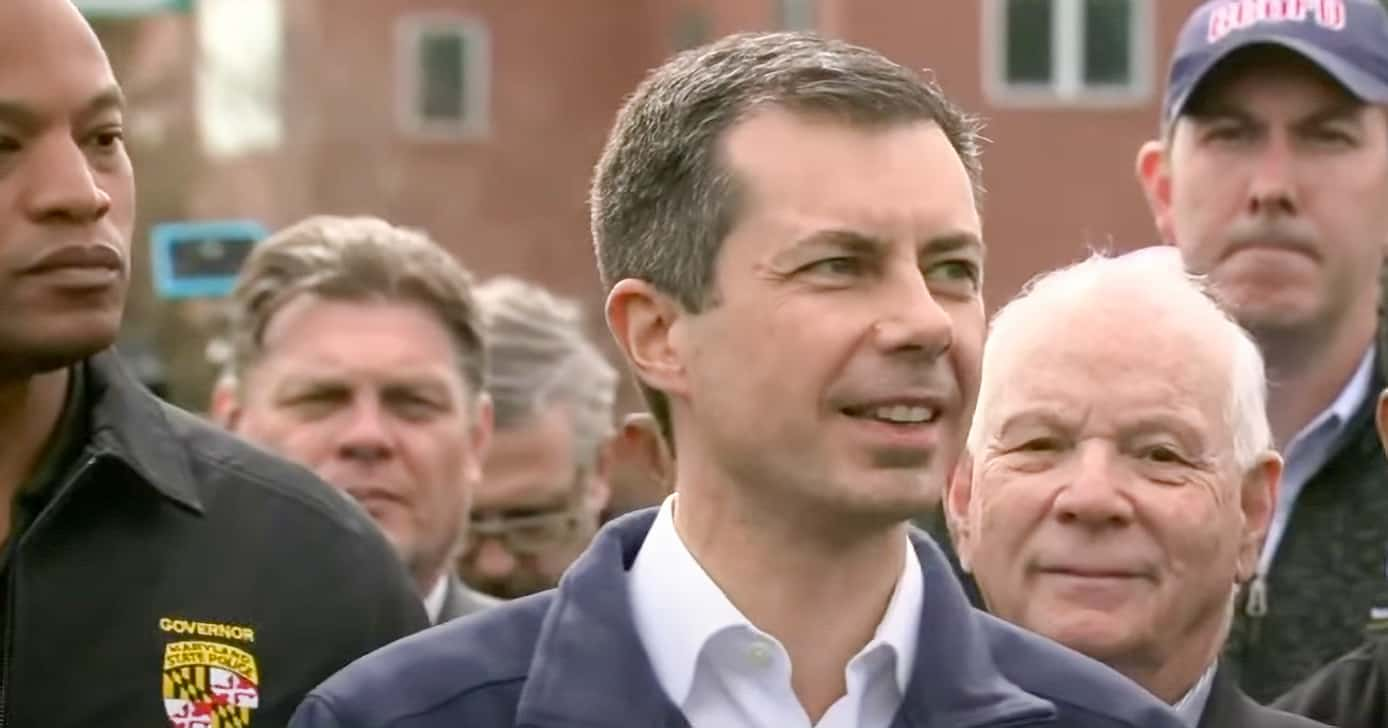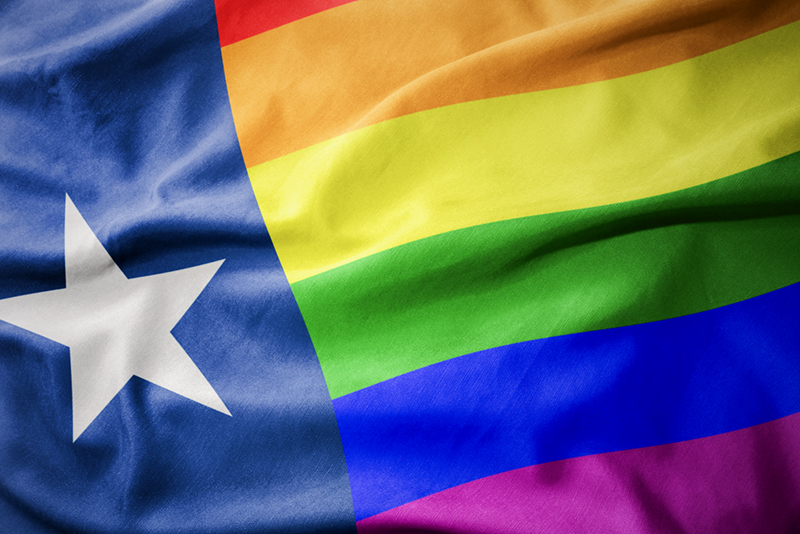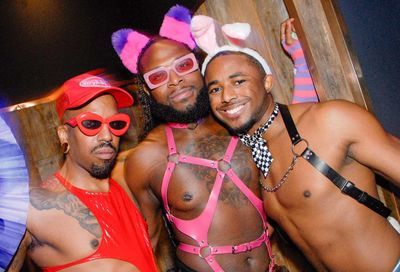Montgomery Co. Fliers Nixed
School Board votes to curtail policy that allowed ''ex-gay'' organization to send home anti-gay literature
The Montgomery County School Board voted 6-1 Monday evening to end the county’s quarterly program that allowed community nonprofits to send home informational fliers with students at the middle and high school levels.
The board’s policy committee undertook a June 11 review of the program after some fliers created a measure of controversy. Several times, for example, during a six-year period, the nonprofit group Parents and Friends of Ex-Gays (PFOX) sent home fliers to students at a number of schools. Those fliers advised teenaged students that if they were homosexual, they could change their sexual orientation, that there is no scientific evidence of sexual orientation being innate, and encouraged them to contact PFOX or other organizations with ”ex-gay” ministries that engage in so-called ”reparative therapy.”
The fliers sparked outrage from some parents and LGBT activists. In response, the local chapter of Parents, Families and Friends of Lesbians and Gays (PFLAG) distributed its own fliers aimed at combating PFOX’s claims and opposing reparative therapies that have been rejected by mainstream medical and mental health professional associations. PFLAG has argued that suggesting homosexuality is a choice creates a potentially hostile environment for LGBT students.
Under the original flier guidelines, PFOX was allowed access as a registered nonprofit, like the Boy Scouts or local athletic clubs. Montgomery County Public Schools (MCPS) had attempted to block PFOX distribution, but was challenged in court. The school system lost the case with the U.S. Court of Appeals for the Fourth Circuit ruling that their actions constituted viewpoint discrimination. As a result of the 2006 ruling, MCPS adopted policies that allowed registered nonprofits to send home fliers along with information from MCPS, local PTA groups, and afterschool/out-of-school activities. Groups such as PFOX were required to note on their fliers that the information was not sanctioned by MCPS.
Under the policy guidelines adopted June 25, middle school and high school students will continue to receive fliers from government agencies, including the county recreation department, parent-teacher associations and school-specific information only. The Board of Education will review the policy at the completion of the 2012-2013 school year to evaluate its effectiveness and propose any needed changes.
The program for nonprofits distributing information to elementary school students will continue unchanged.
Patricia O’Neill (Dist. 3-Bethesda, Chevy Chase) said Monday night that the board’s review of the flier-distribution program found a number of problems. She did not specifically address the PFOX incident, but instead said, for example, that some for-profit entities had advertised within brochures sent home by registered nonprofits; and that most fliers were printed only in English, undercutting attempts to reach out to ”underserved” non-English-speaking communities.
Board Member Philip Kauffman (At Large) questioned the entire premise of allowing non-school/non-government groups access to students.
”The way I look at it is: If we never had a policy like this, and, suddenly, nonprofits came to us and said, ‘We would like the school system to become our source of distributing information,’ we probably would say, ‘No way,”’ Kauffman said, adding he’d prefer to eliminate the distribution program at all levels.
Board Member Laura Berthiaume (District 2-Rockville, Potomac), dissented from the majority.
”My understanding of the purpose for this flow of information has been that we want kids to participate in … local organizations, and we find ourselves narrowing our school system’s role in that now,” she said.
Berthiaume cited a study by ”liberal academic thinker” Robert Putnam, a professor of public policy at Harvard University’s Kennedy School of Government, that related to increased diversity lowering community involvement.
”We talk a lot about celebrating diversity, but the article I’m passing out talks about some of the challenges of diversity,” Berthiaume said. ”[Putnam] found that in more diverse communities, there were neither great bonds held across group lines, nor heightened ethnic tensions, but a general civic malaise.”
”I just wonder, if we do this are we ‘turtling’?” Berthiaume continued. ”Are we hunkering down? Are we lowering our community bonds, our ability to bond, our ability to engage in things, to volunteer? What is going to be the cost, not just to the school system … but more broadly?”
Board President Shirley Brandman (At-Large), members Judith Docca (District 1-Gaithersburg, Damascus, Poolesville), Peter Durso (District 5-Burtonsville, Olney, Brookeville), Kauffman and O’Neill voted in favor of the new policy at the Monday meeting, as did student member Alan Xie. Berthiaume voted against. Board Member Christopher Barclay (District 4-Silver Spring, Takoma Park) was not at the meeting.
David Fishback, advocacy chair for the Metro DC Chapter of PFLAG, said the board’s decision was not surprising.
”Given the state of the law, the only way the board could prevent this really pernicious material was by ending the distribution program at the secondary level,” he said.
Fishback said, in theory, the board could have also claimed it would not accept PFOX fliers because the information was harmful to children’s health and well-being, but he said it was not at all clear, given the court ruling, whether that decision would have been upheld. It could also be very expensive to litigate, he added.
While the program for elementary-level students remains unchanged, Fishback said it would be unwise for PFOX to access it.
”If PFOX is misguided enough to send that flier to elementary schools, it will probably end the program altogether,” Fishback said. ”They were not well received by our community when they did that before at the high school level. If they go beyond the pale, they will just embarrass themselves further.”
Support Metro Weekly’s Journalism
These are challenging times for news organizations. And yet it’s crucial we stay active and provide vital resources and information to both our local readers and the world. So won’t you please take a moment and consider supporting Metro Weekly with a membership? For as little as $5 a month, you can help ensure Metro Weekly magazine and MetroWeekly.com remain free, viable resources as we provide the best, most diverse, culturally-resonant LGBTQ coverage in both the D.C. region and around the world. Memberships come with exclusive perks and discounts, your own personal digital delivery of each week’s magazine (and an archive), access to our Member's Lounge when it launches this fall, and exclusive members-only items like Metro Weekly Membership Mugs and Tote Bags! Check out all our membership levels here and please join us today!
























